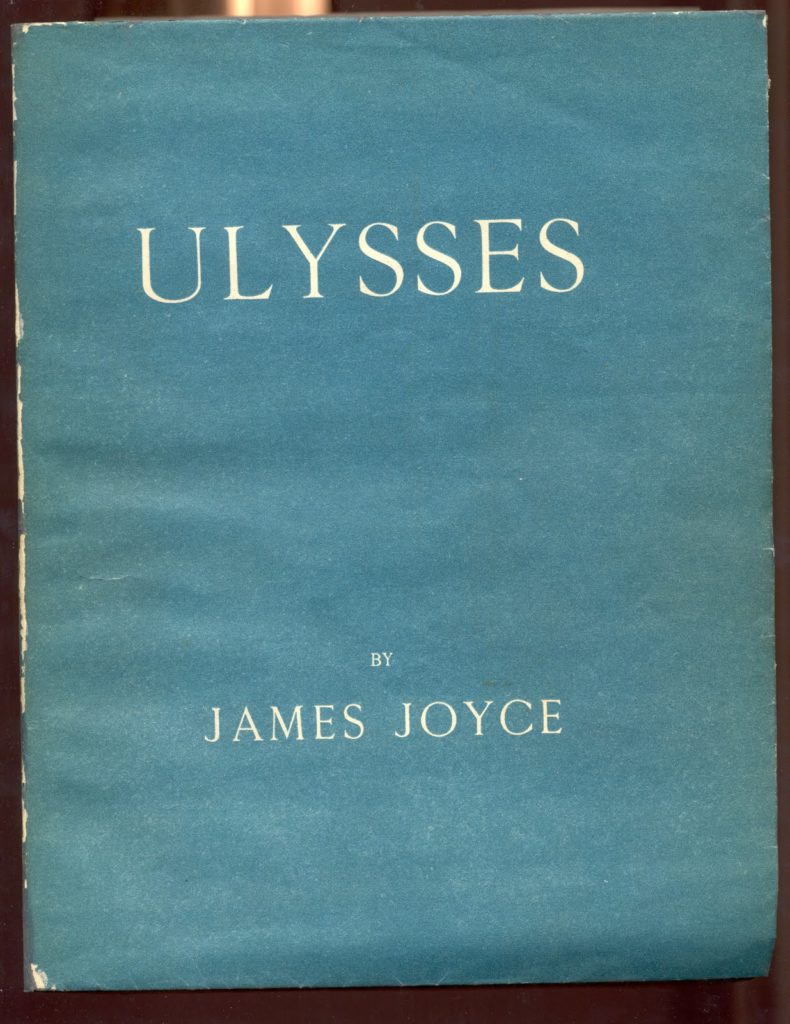As the summer draws to a close, it’s time for one last trip to the beach. From the decreased traffic on my morning train ride I can tell that lots of folks are enjoying a well-deserved vacation this month.
One of the great pleasures of a beach vacation is a chance to laze in the sun with a book. The term”beach read” is generally applied to fluffy, plot-driven works like chick lit, murder mysteries, and thrillers. But Jack Murnighan, the author of Beowulf on the Beach, argues for the joys of classic literature as beach reading and in this USA Today interview from 2009 he makes a few suggestions of texts that we have kicking around here at the Rosenbach:
 |
| The Story of Beowulf. Kelmscott Press, 1895. FP K895b |
He nominates Beowulf as best beach read, claiming, “If you’re a guy, read Beowulf… It’s really
short. It’s only 70 pages and has a ton of action. So in some ways,
it’s a perfect beach read.”
 |
|
Herman Melville , Moby
Dick, or, The whale New York: Harper & Brothers, 1851 AL1 .M531mo 851b |
When asked about the funniest beach read, Murnighan voted for Moby Dick, which is not only a sea-faring tale, but in his words, “one of the funniest books
of all time… Ishmael, the
narrator, is just a complete cut-up having a great time, and you’ll have
a blast reading it.”
 |
| Geoffrey Chaucer, Canterbury Tales. England, 15th century. MS 1084/1 |
He also suggests The Canterbury Tales as a great book to just dip into, since “you can read a couple of them or you can read the sexiest, playful,
funny ones.”
Picking up on the theme of classics as beach reading, I thought I’d toss out a few more Rosen-books, all of which features beaches.
 |
| James Joyce (1882-1941), Ulysses. Paris: Shakespeare & Company, 1922. EL4 J89U1 922a |
Ulysses: Okay, not the simplest (or lightest) book to take to the beach, but what better place to let Joyce’s prose wash over you. Plus, some of the most memorable scenes take place on the beach, from Stephen Dedalus’s musings in Proteus, to Leopold Bloom’s encounter with Gerty MacDowell.
 |
| Bram Stoker. Dracula. London: Archibald Constable and Company, 1897. EL3 .S874d 897 |
Dracula: Much of this novel takes place in the sea-side town of Whitby, where Stoker himself vacationed. The book is a real page-turner and you don’t have to take my word for it. When The Bookman reviewed it in 1897 it concluded that “though here and there in the course of the tale we hurried over some things with repulsion, we read nearly the whole with rapt attention…Keep “Dracula” out of the way of nervous children, certainly, but a grown reader…will both shudder and enjoy… “
 |
| Daniel Defoe, The Life and Strange Surprising Adventures of Robinson Crusoe. 1719. Holford |
Robinson Crusoe: Before Lost, before Survivor, before Hatchet or Lord of the Flies or The Swiss Family Robinson, was this 1719 classic, generally bandied about as one of the contenders for the honor of being first English novel. And there’s plenty of beach on this deserted island.
 |
| Miguel de Cervantes Saavedra, El ingenioso hidalgo Don Quixote de La Mancha. Madrid: por Juan de la Cuesta, 1605. C2 .C419d 605 |
Don Quixote: A favorite of Dr. Rosenbach’s and a contender for the title of “first novel,” it features a jousting match between Don Quixote and the Knight of the White Moon on a Barcelona beach. Samuel Johnson paid tribute to the book, claiming ,”Was there ever yet any thing written by mere man that was wished longer by its readers, excepting Don Quixote, Robinson Crusoe, and the Pilgrim’s Progress?”
No, you can’t take the Rosenbach copies to the beach–sand and sun aren’t good for rare books. But aside from their literary merits, another benefit of classic books as beach reads is that cheap used copies are easy to come by and the texts can generally can be found for free as e-books. So classic literature is good for your brain and your wallet.
What are your suggestions for beach reading?

Kathy Haas is the Associate Curator at The Rosenbach of the Free Library of Philadelphia and the primary poster at the Rosen-blog.
